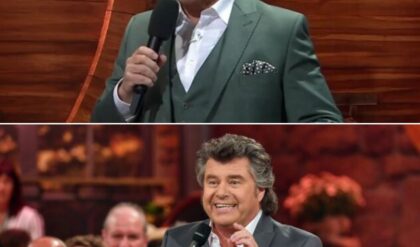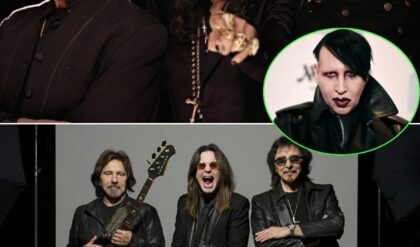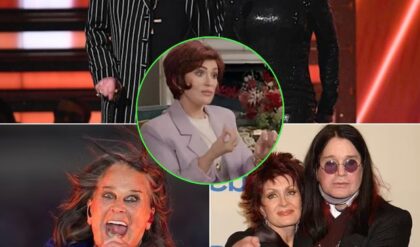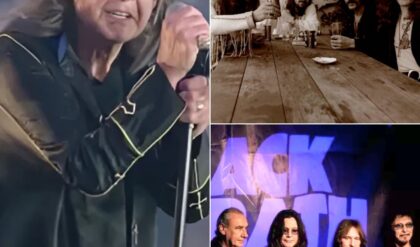Victor Borge’s rendition of Liszt’s “Hungarian Rhapsody No. 2” is an unforgettable blend of piano virtuosity and comedic genius. Known for his humor and impeccable timing, Borge transforms this classical masterpiece into a series of clever musical jokes and playful antics. He exaggerates the drama of certain passages, misses “obvious” notes on purpose, and interrupts himself with humorous commentary, keeping the audience laughing throughout.
Victor Borge, the legendary Danish-American comedian and pianist, brought his unique brand of humor and exceptional musical talent to Hungarian Rhapsody No. 2 by Franz Liszt, turning it into a beloved comedic performance. Known for his “piano jokes,” Borge used Hungarian Rhapsody No. 2 as the backdrop for a hilarious routine that combined slapstick comedy, mischief, and his mastery of the piano.
In his routine, Borge would begin the piece seriously, showing off his virtuosic skill. But as he progressed, he’d “struggle” with the demanding passages, intentionally over-dramatizing his facial expressions and movements. Often, he would pause mid-performance to make witty remarks, joking about the difficulty of the piece or commenting on his own “mistakes” with a charming self-deprecation.
Borge’s humor also extended to physical comedy. He would reach for keys with exaggerated difficulty or “miss” them entirely, giving the illusion that he was losing control over the performance. At times, he would “fall off” the piano bench, pause to interact with the audience, or abruptly switch musical styles, blending snippets of other well-known pieces in a humorous mashup.
Victor Borge’s rendition of Hungarian Rhapsody No. 2 is celebrated not just for its humor but also for how it showcased his dual gifts as a comedian and an accomplished pianist. His interpretation brought the classical music world a little closer to audiences, proving that music could be both profound and laugh-out-loud funny.





